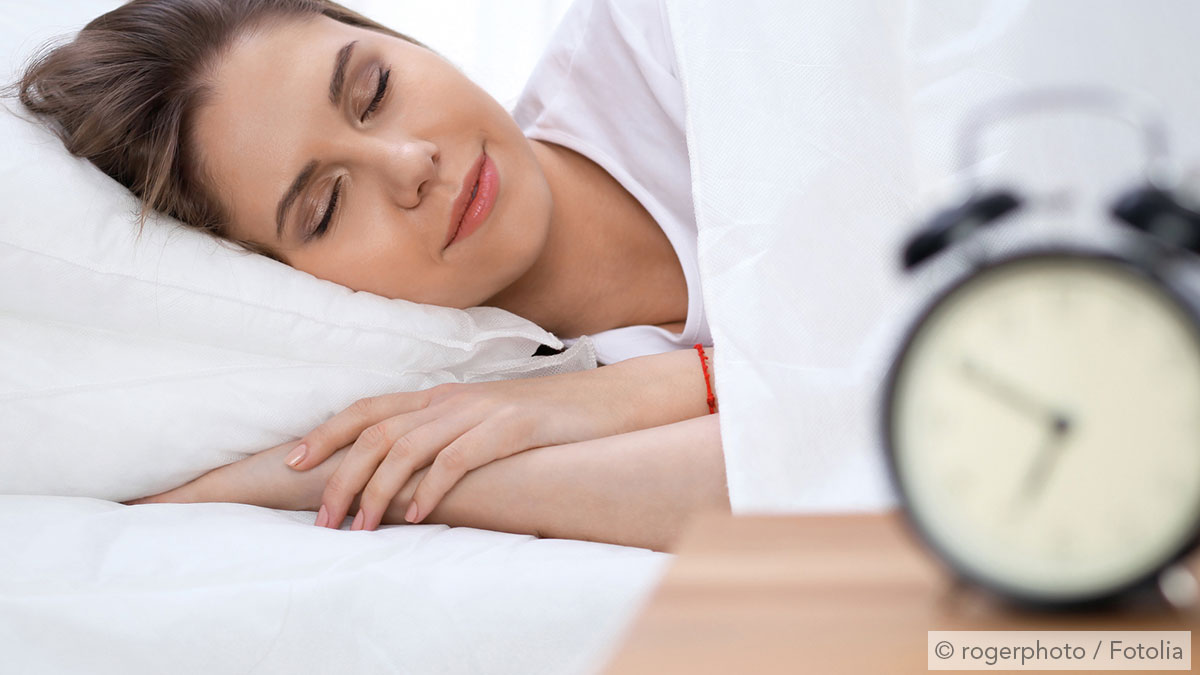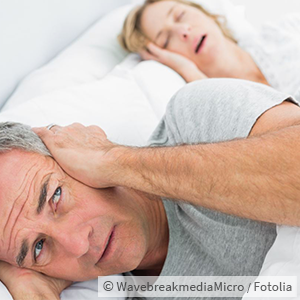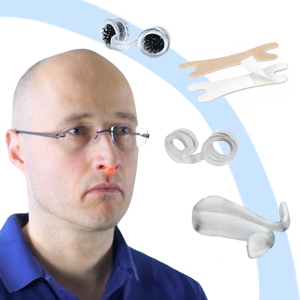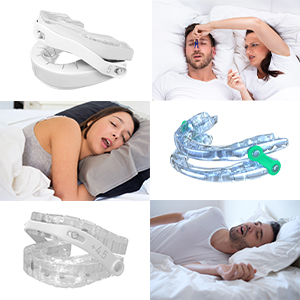How much sleep do you need to start the day fit and full of energy? There is a persistent belief that the ideal amount of sleep is at least 8 hours at night. However, the majority of the population sleeps between 6 and 7 hours per night only. Read how much sleep really is healthy!
If one believes medical studies on the subject of ideal amount of sleep, then you will find that seven hours of sleep is the optimal amount of sleep. The studies have also shown that as little as 20 minutes too little sleep can impair performance and memory. Sleep disorders therefore also manifest themselves in increased daytime fatigue, lack of concentration and bad moods. On the other hand, too much sleep is not good and is considered a risk factor for diabetes, obesity and cardiovascular disease.
The magic number: getting a restful sleep!
Probably the largest study on the how much sleep is necessary was undertaken by the University of California in San Diego with more than one million participants over a 6 year period.
The results provide the magic number for the perfect sleep: The test subjects who slept about 7 hours per night had a lower mortality rate than those who slept for shorter or longer periods. According to Dr. Kripke, who accompanied the study, everyone should try to get between 7 and 8 hours of sleep. One can call this value the optimal amount of sleep.
The study also found that our cognitive abilities improve when we sleep for at least seven hours. This means that after 7 hours we see and learn better, orientate ourselves and perceive things better and are even more creative. These skills deteriorate when one sleeps for more than 8 hours or less than 7 hours. In addition, the risk of diabetes and obesity increases for people who sleep more than 8 hours.
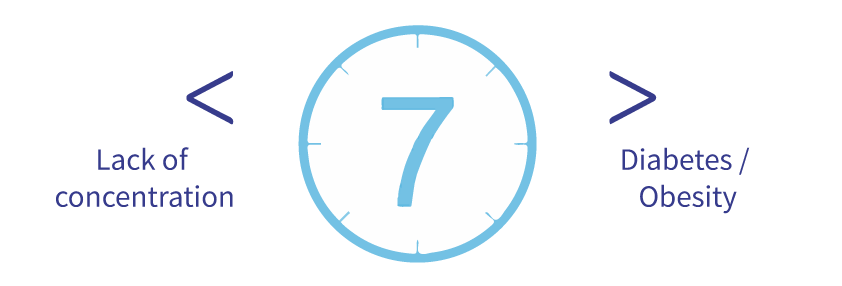
Age determines the ideal amount of sleep
However, don’t take 7 hour guideline for granted. The amount of sleep you need always depends on your age:
It is perfectly normal for people over 65 to be fully rested with 5 to 6 hours of sleep. School children between the ages of 6 and 13, on the other hand, need about 9 to 11 hours of sleep, because restorative sleep is particularly important at school age. During sleep, the brain stores and processes what it has learned. Teenagers should sleep 8 to 10 hours, as the adolescent body experiences extreme hormonal changes.
The recommended amount of sleep required per night of 7 hours is therefore aimed at adults between the ages of 18 and 64.
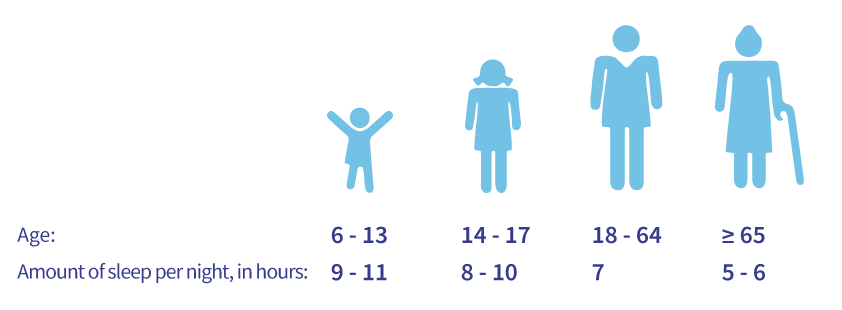
Expert tip: How to determine your how much sleep you need?
Find out how much sleep you need ! Because restful sleep depends heavily on the characteristics of your body. This is best done on holiday when you don’t have to get up at a specific time for at least 3 consecutive days at a time:
Go to bed when you are tired. Avoid alcohol and cigarettes in the evening. Sleep until you wake up without an alarm clock and feel well-rested. On all 3 days, count the hours you have slept. Determine a mean value that is as accurate as possible. This value shows you how many hours your body needs for a restful sleep, so that you can start the day rested and fit. If you encounter problems in determining how muc h sleep you need because you are plagued by a sleep disorders, a professional sleep consultant could prescribe sleep therapy for you.
Try to adhere consistently to these times – even outside of your holidays. To do this, you must create an optimal sleeping environment. Try not to sleep more than one or two hours more – especially on weekends. This will help you fall asleep better at night and get up easier in the morning.
But it’s not just the quantity of sleep that counts. The quality of sleep is also important; and you should do everything you can to ensure that you are able to have an undisrupted and relaxed sleep, as free from pain as possible. Disruptive factors can include snoring (both your own snoring and that of your bed partner), nocturnal pain (e.g. joint pain) or a disturbed sleep rhythm. Above all, snoring should not be taken lightly. Pathological snoring often manifests itself in the fact that the affected person wakes up completely exhausted, despite sufficient hours of sleep. Here, a snoring test (or alternatively a visit to an ENT doctor and potentially a home sleep study) and snoring aids such as an anti snoring mouthpiece (mandibular advancement device), an snoring mouth guard or nasal dilators can quickly improve your
Nasal dilator purchasing advisor
What must you take into consideration when making a purchase? See all our nasal dilators presented here.
Mandibular advancement device (MAD) purchasing guide
Advises you what you should pay attention to when buying a mandibular advancement device (MAD). We present different models and technical approaches here.
Medical Doctor, Berlin
Jan Wrede works as a medical doctor in Berlin. He studied medicine at FAU University in Erlangen-Nuremberg and Semmelweis University in Budapest. He had already written numerous scientific articles during his studies, especially on the subject of snoring.


